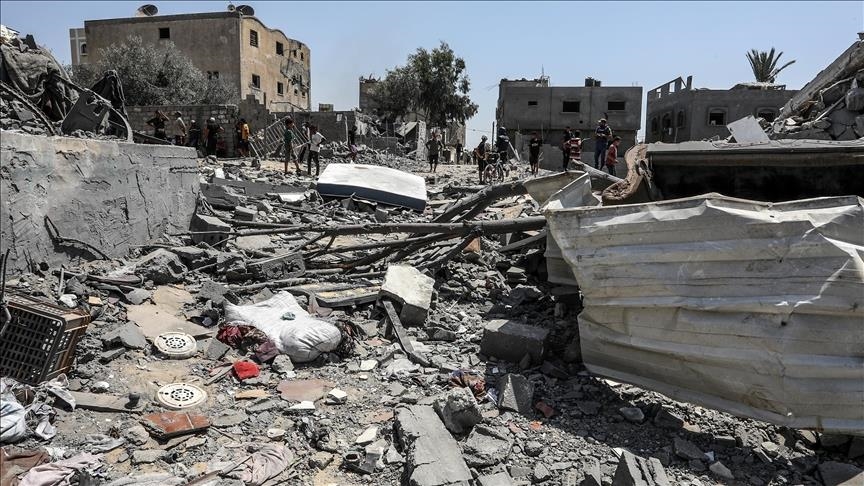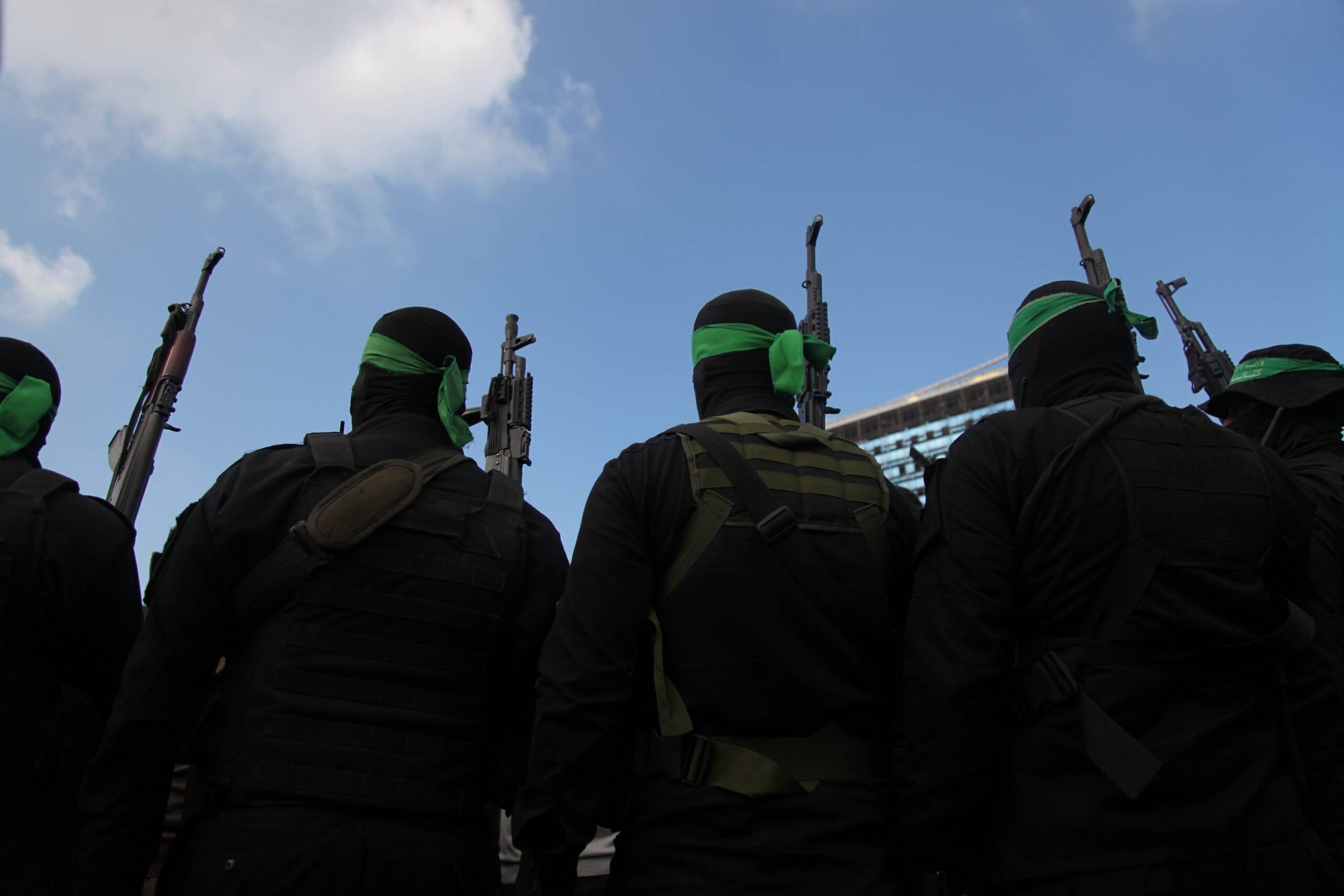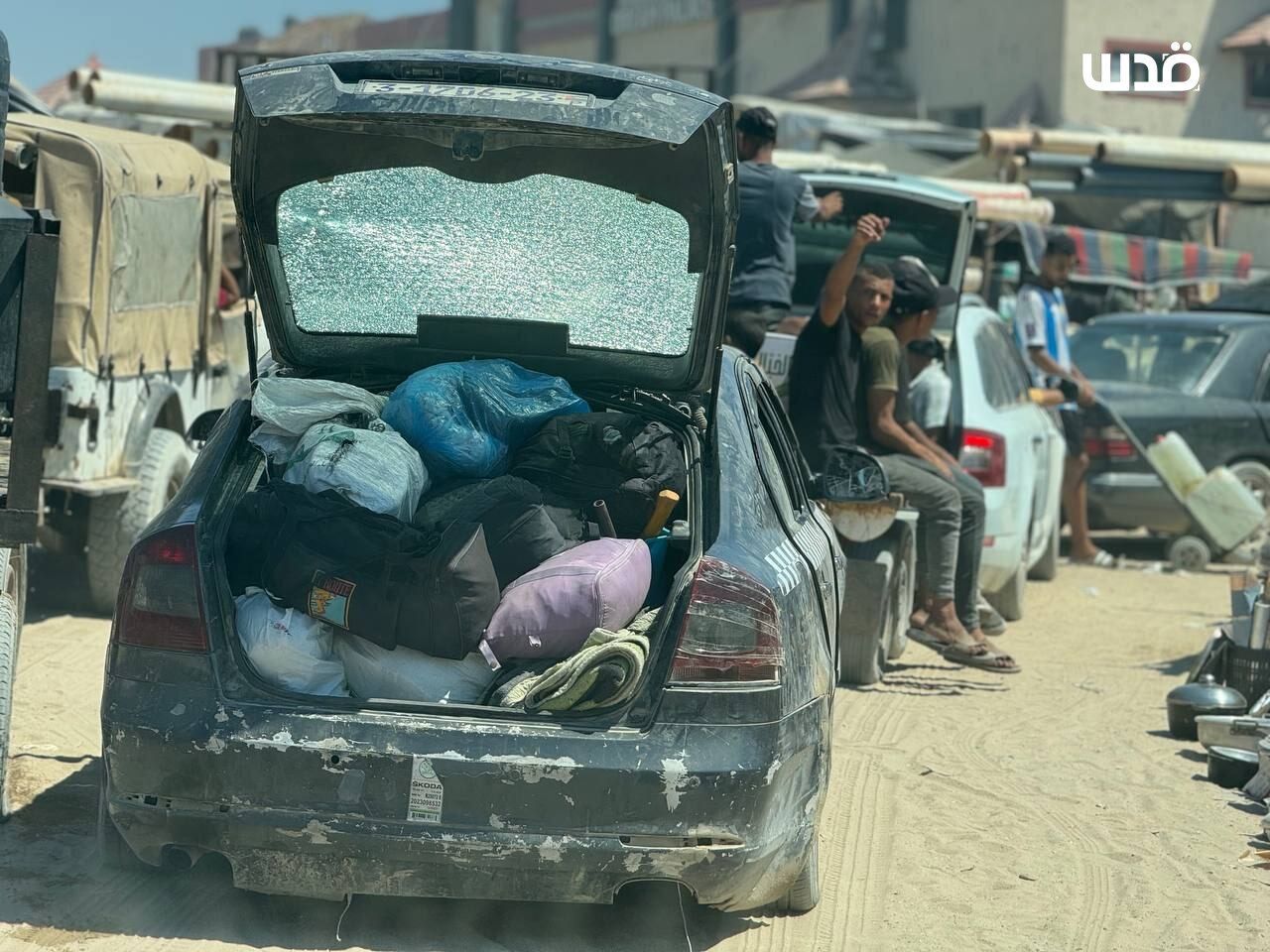India Must Stop Supplying Weapons to Israel
A group of eminent citizens in India has written a letter to the country’s defense minister, calling on him to halt the license process that enables exporters to send arms and ammunition to Israel.
“India should immediately suspend its collaboration in the delivery of military material to Israel. Further, India must immediately make every effort to ensure that weapons already delivered to Israel are not used to contribute to acts of genocide or violations of international humanitarian law,” said the letter to Rajnath Singh according to Anadolu.
The group included former Supreme Court and high court judges, economists, activists and authors including Booker prize-winning author Arundhati Roy.
“You are therefore requested to review and cancel/suspend all existing licenses for the supply of military arms and munitions by Indian companies to Israel,” the letter said.
The group, who addressed the media in the capital, New Delhi, also demanded that details of export licenses, including the countries to which exports are being made, continue to be in the public domain.
“The details used to be available on a website, but they have been removed,” said renowned lawyer Prashant Bhushan.
The group said in the letter that at least three companies in India dealing with the manufacture and export of arms and munitions have been granted licenses for the export of arms and military equipment to Israel, even during the ongoing war in Gaza and even after rulings of the International Court of Justice.
“India is bound by various international laws and treaties that obligate India not to supply military weapons to States guilty of war crimes, as any export could be used in serious violations of international humanitarian law,” it said.
Roy emphasized demanding the halt of arms supplies to Israel.
Economist Jean Dreze read out a statement by the Right to Food Campaign, an informal network of organizations and individuals.
It said the group is “appalled by the merciless use of starvation as a weapon of war in Gaza by the Israeli government.”
On Wednesday, left-wing parties in a statement also demanded India to “cancel all export licenses and permissions to various Indian companies for the supply of military arms and ammunition to Israel.”
While the government has not issued any statements regarding arms supplies to Israel, the Al Jazeera Media Group in an investigation claimed that New Delhi was supplying weapons to the country.
In June, former Israeli Ambassador to India Daniel Carmon said that India might be supplying weapons to Israel as a “sign of gratitude for Israeli assistance” during the Kargil war of 1999 between India and Pakistan.
Israel, flouting a UN Security Council resolution demanding an immediate cease-fire, has faced international condemnation amid its continued brutal offensive on Gaza since an Oct. 7, 2023 attack by the Palestinian resistance group Hamas.
Nearly 39,500 Palestinians have since been killed, mostly women and children, and over 91,000 injured, according to local health authorities.
Almost 10 months into the Israeli war, vast tracts of Gaza lie in ruins amid a crippling blockade of food, clean water and medicine.
Israel stands accused of genocide at the International Court of Justice, which ordered it to immediately halt its military operation in the southern city of Rafah, where over a million Palestinians had sought refuge from the war before it was invaded on May 6 according to the Turkish news agency.











